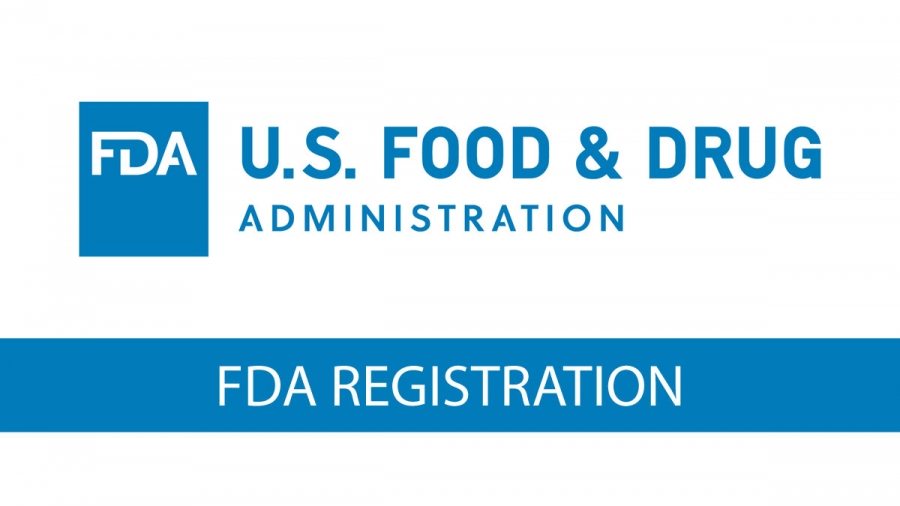The U.S. Food and Drug Administration (FDA) oversees the regulation of over-the-counter (OTC) drugs to ensure their safety, effectiveness, and proper labeling. OTC drugs are products consumers can purchase without a prescription, ranging from pain relievers to cough suppressants. FDA OTC registration is a vital process that helps manufacturers comply with federal regulations and ensures their products meet established safety standards. This registration process is mandatory for companies planning to market OTC drugs in the United States.
Importance of FDA Compliance
FDA compliance is crucial for OTC drug manufacturers to gain market access in the United States. Compliance ensures that the products are free from harmful ingredients and meet the required efficacy standards. Proper registration also demonstrates that a manufacturer adheres to Good Manufacturing Practices (GMP), which emphasize the quality and consistency of the product. Non-compliance can result in severe penalties, including product recalls, legal issues, and damage to brand reputation.
Key Steps in the Registration Process
The fda otc registration process involves several critical steps. First, manufacturers must determine whether their product falls under the FDA monograph system or requires an individual New Drug Application (NDA). Next, they need to submit facility establishment registration and list their drug products in the FDA’s database. Accurate and transparent labeling, including the product’s active ingredients and usage instructions, is also a crucial part of the registration. Staying updated on FDA guidelines is essential to successfully navigate this process.
Benefits of Proper FDA Registration
Registering with the FDA offers multiple advantages for OTC drug manufacturers. It provides legal authorization to market the product in the U.S. and ensures consumer trust by signaling the product’s safety and efficacy. Furthermore, FDA registration facilitates easier import and export of products, opening doors to international markets. A registered product is also less likely to face regulatory challenges, giving businesses a competitive edge in a crowded market.
Common Challenges and Solutions
Manufacturers often face challenges in completing the FDA OTC registration, including complex regulatory requirements and frequent updates to FDA guidelines. Additionally, language barriers and technical documentation can complicate the process for international manufacturers. Partnering with regulatory experts or consulting firms can help overcome these obstacles by providing accurate guidance and ensuring timely submission of documents. Leveraging technology, such as compliance management software, can further streamline the process and reduce errors.

